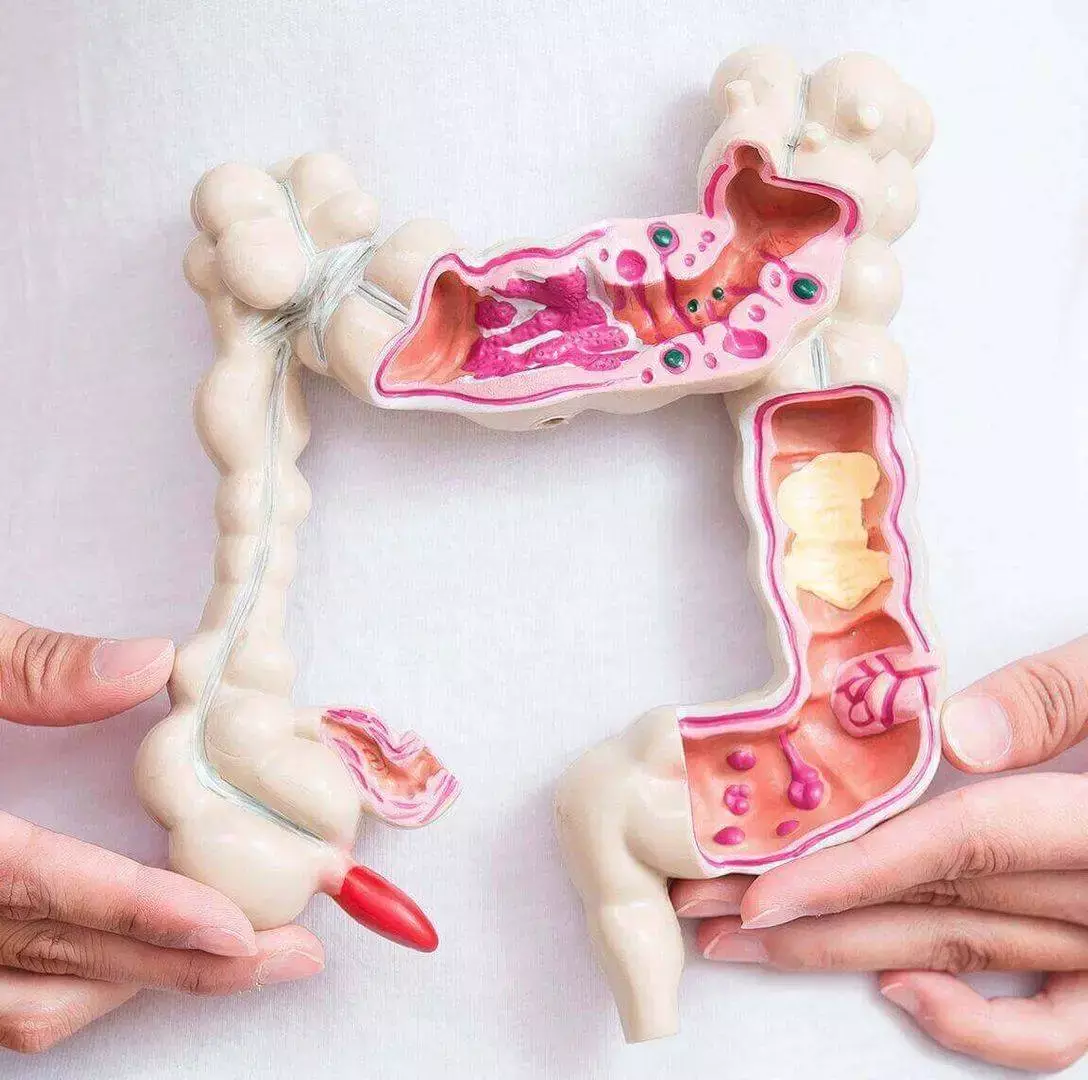- Home
- Medical news & Guidelines
- Anesthesiology
- Cardiology and CTVS
- Critical Care
- Dentistry
- Dermatology
- Diabetes and Endocrinology
- ENT
- Gastroenterology
- Medicine
- Nephrology
- Neurology
- Obstretics-Gynaecology
- Oncology
- Ophthalmology
- Orthopaedics
- Pediatrics-Neonatology
- Psychiatry
- Pulmonology
- Radiology
- Surgery
- Urology
- Laboratory Medicine
- Diet
- Nursing
- Paramedical
- Physiotherapy
- Health news
- Fact Check
- Bone Health Fact Check
- Brain Health Fact Check
- Cancer Related Fact Check
- Child Care Fact Check
- Dental and oral health fact check
- Diabetes and metabolic health fact check
- Diet and Nutrition Fact Check
- Eye and ENT Care Fact Check
- Fitness fact check
- Gut health fact check
- Heart health fact check
- Kidney health fact check
- Medical education fact check
- Men's health fact check
- Respiratory fact check
- Skin and hair care fact check
- Vaccine and Immunization fact check
- Women's health fact check
- AYUSH
- State News
- Andaman and Nicobar Islands
- Andhra Pradesh
- Arunachal Pradesh
- Assam
- Bihar
- Chandigarh
- Chattisgarh
- Dadra and Nagar Haveli
- Daman and Diu
- Delhi
- Goa
- Gujarat
- Haryana
- Himachal Pradesh
- Jammu & Kashmir
- Jharkhand
- Karnataka
- Kerala
- Ladakh
- Lakshadweep
- Madhya Pradesh
- Maharashtra
- Manipur
- Meghalaya
- Mizoram
- Nagaland
- Odisha
- Puducherry
- Punjab
- Rajasthan
- Sikkim
- Tamil Nadu
- Telangana
- Tripura
- Uttar Pradesh
- Uttrakhand
- West Bengal
- Medical Education
- Industry
Routine Use of Abdominal Drains in Colorectal Surgery May Not Be Necessary: Study
 Colorectal Surgery
Colorectal SurgeryResearchers have found that the placement of abdominal drains after elective colorectal surgery is associated with a modest increase in postoperative hospital stay but does not impact other key outcomes such as surgical site infections, anastomotic leakage, and overall morbidity. This large study provides evidence that abdominal drains should not be routinely used in colorectal surgery. The study was published in BJS Open and was conducted by Stefano Guadagni and colleagues.
Colorectal surgery is a common procedure for treating various diseases of the colon and rectum. Postoperative management strategies, including the use of abdominal drains, aim to prevent complications and improve patient outcomes. In Italy, surgeons continue to drain the abdominal cavity in more than half of the patients after colorectal resection. This study aimed to evaluate the impact of abdominal drain placement on early adverse events in patients undergoing elective colorectal surgery.
A retrospective analysis was conducted using a database with 21 covariates. A 1:1 propensity score-matching model was employed to create two well-balanced groups of 1802 patients each. Group A consisted of patients who did not receive abdominal drains, while Group B included those who received abdominal drains.
The primary endpoint was the postoperative duration of stay. Secondary endpoints included surgical site infections, infectious morbidity rate (a composite measure of surgical site, pulmonary, and urinary infections), anastomotic leakage, overall morbidity rate, major morbidity rate, reoperation, and mortality rates. The results were presented as odds ratios (ORs) and 95% confidence intervals (CIs).
The key findings of the study were:
Patients in Group A (no abdominal drains) had a significantly lower risk of postoperative duration of stay longer than 6 days (OR 0.60; 95% CI 0.51–0.70; P < 0.001).
The mean postoperative duration of stay was 0.86 days shorter in Group A compared to Group B.
No significant differences were found between the two groups in terms of all secondary endpoints, including surgical site infections, anastomotic leakage, overall morbidity rate, major morbidity rate, reoperation, and mortality rates.
The study suggests that abdominal drain placement after elective colorectal surgery is associated with a slightly longer postoperative hospital stay but does not provide any additional benefit in terms of reducing complications. The findings challenge the routine use of abdominal drains in colorectal surgery, highlighting the potential for shorter hospital stays and resource savings without compromising patient safety.
This study confirms that the routine use of abdominal drains after elective colorectal surgery should be reconsidered, as it may lead to a non-clinically significant increase in postoperative hospital stay without any significant impact on other postoperative complications.
Reference:
Guadagni, S., Catarci, M., Masedu, F., Karim, M. E., Clementi, M., Ruffo, G., Viola, M. G., Borghi, F., Baldazzi, G., Scatizzi, M., Pirozzi, F., Delrio, P., Garulli, G., Marini, P., Campagnacci, R., De Luca, R., Ficari, F., Sica, G., Scabini, S., … the Italian ColoRectal Anastomotic Leakage (iCral) study group. (2024). Abdominal drainage after elective colorectal surgery: propensity score-matched retrospective analysis of an Italian cohort. BJS Open, 8(1). https://doi.org/10.1093/bjsopen/zrad107
Dr Riya Dave has completed dentistry from Gujarat University in 2022. She is a dentist and accomplished medical and scientific writer known for her commitment to bridging the gap between clinical expertise and accessible healthcare information. She has been actively involved in writing blogs related to health and wellness.
Dr Kamal Kant Kohli-MBBS, DTCD- a chest specialist with more than 30 years of practice and a flair for writing clinical articles, Dr Kamal Kant Kohli joined Medical Dialogues as a Chief Editor of Medical News. Besides writing articles, as an editor, he proofreads and verifies all the medical content published on Medical Dialogues including those coming from journals, studies,medical conferences,guidelines etc. Email: drkohli@medicaldialogues.in. Contact no. 011-43720751


